Choosing the right material is a critical step in any CNC machining project. The material you select will directly impact the part’s performance, durability, cost, and manufacturability. At Euro Machining, we understand the importance of material selection and are here to guide you through the process. This blog post will explore some of the key factors to consider when choosing materials for your next CNC machining project.
Understanding Material Properties
Different materials possess unique properties that make them suitable for specific applications. Some of the key properties to consider include:
- Strength: How much force can the material withstand before breaking or deforming?
- Hardness: How resistant is the material to scratching, indentation, or wear?
- Ductility: How easily can the material be deformed without fracturing?
- Machinability: How easily can the material be cut and shaped during the machining process?
- Corrosion Resistance: How well does the material resist corrosion in different environments?
- Thermal Conductivity: How well does the material conduct heat?
- Cost: The price of the raw material and its impact on the overall project cost.
Understanding these properties is essential for selecting the right material for your project.
Common Materials for CNC Machining
Several materials are commonly used in CNC machining, each with its own set of advantages and disadvantages:
- Aluminum: Lightweight, corrosion-resistant, and easy to machine, aluminum is a popular choice for a wide range of applications.
- Stainless Steel: Known for its strength, corrosion resistance, and durability, stainless steel is ideal for demanding applications.
- Steel Alloys: Offering a wide range of properties, steel alloys can be tailored to meet specific requirements.
- Plastics: Versatile, lightweight, and often more cost-effective than metals, plastics are suitable for various applications. It’s crucial to select the right type of plastic, as their properties can vary significantly.
- Exotic Alloys: For specialized applications requiring extreme performance, exotic alloys like titanium or Inconel offer exceptional properties but can be more challenging to machine.
Factors to Consider When Choosing a Material
Beyond the basic material properties, several other factors should influence your material selection:
- Application Requirements: What will the part be used for? What stresses will it be subjected to? What are the environmental conditions?
- Design Specifications: What are the tolerances and surface finish requirements? Are there any specific design features that might limit material choices?
- Production Volume: The production volume can impact material selection. Some materials are more cost-effective for high-volume production, while others are better suited for smaller runs.
- Budget: The cost of the material is an important consideration. Balance performance requirements with budget constraints.
Working with Euro Machining in Santa Clara
At Euro Machining, we have extensive experience working with a wide range of materials. Our team of expert machinists, serving the Santa Clara area, can help you select the right material for your project, taking into account all the relevant factors. We can also provide guidance on design for manufacturability (DFM) to ensure your parts are optimized for the CNC machining process.
Choosing the right material is a crucial decision that can significantly impact the success of your CNC machining project. By carefully considering the properties of different materials and working with a knowledgeable partner like Euro Machining in Santa Clara, you can ensure that you select the ideal material for your specific needs. Contact us today to discuss your project and how we can help you bring your ideas to life.

